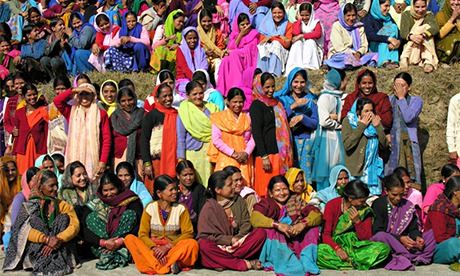
photo credit: Mountain Equipment Co-opyou looking for camping gear? Shoes for hiking? A new bike?
Are you looking for camping gear? Shoes for hiking? A new bike?
Questions like these have always been ones I find myself hearing around Mountain Equipment Co-op. But MEC’s recent logo redesign and effort to reposition the store to a “go-to store for outdoor enthusiasts of different active profiles” (Strategy Online) shows the store’s latest rebranding effort.
If there is such a thing as the correct way for a company to rebrand, I believe MEC is doing just that. Their strategy to appeal to customers’ motivations as opposed to specific activities allows customers to sense a “me first” initiative from MEC instead of the feeling they are only around to sell active wear and equipment. With the new bright green logo and expansion of urban scenery in the store, I see the store now as much more approachable, and somewhere I would likely to visit when in need of an atmosphere that encourages me to stay active.
In the upcoming years, MEC may very well establish leadership in the active wear and equipment category if this latest rebranding effort proves to be successful.
Read more about the store here.
Reference:
Horn, Jennifer. “MEC Uses Consumer Motivations to Inspire a Rebrand.” » Strategy. 19 Sept. 2013. Web. 30 Sept. 2014.
Photo Reference:
http://www.mec.ca/AST/ContentPrimary/Services/Stores/Toronto.jsp?utm_source=mec.ca&utm_medium=redirect&utm_campaign=toronto&bmLocale=en


